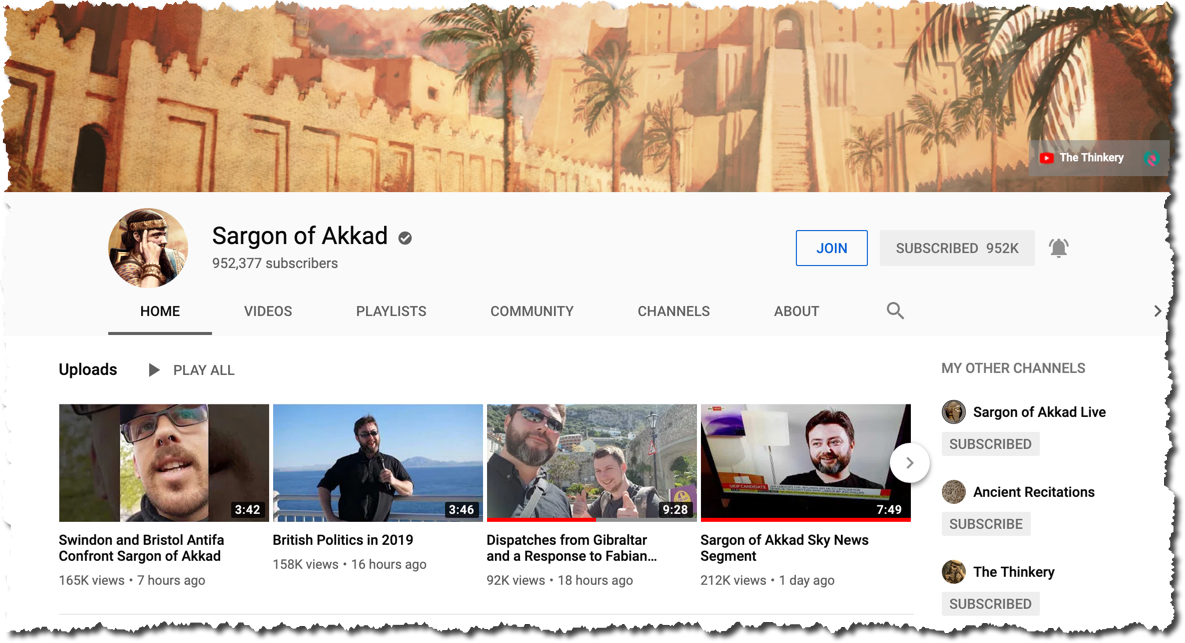Reproduced from his Google Doc.
Dear constituent,
I realised these unorthodox methods may seem alarming but please allow me to explain.
There is a particular kind of groupthink in Westminster that is not representative of the country at large. If you do not fit this mould then your concerns will not be given a fair hearing before the country. I am one of these people and I have principled opposition to what is happening in Westminster.
In the case of this particular tweet, it was an ironic demonstration that Jess Phillips’ desire to regulate the internet had no definable boundary and would be extended to include comments that were offensive but not illegal (such as threats).
I crafted this tweet with the express intention of proving this point. The phrase “I wouldn’t even rape you” cannot be interpreted as a threat or a promise of action, it is literally a promise of inaction and yet is consistently framed as such.
This tweet was deliberately crafted piece of political theatre with the understanding it would be considered immoral but not illegal. I specifically chose this phrase because I knew that the political gatekeepers in Westminster, who simply ignore anyone that they do not personally like, would not be able to resist this.
I was purposefully pushing their buttons in order to guarantee their response, and at the time I felt that it was the only way i could even get them to acknowledge my existence. And one has to admit this has been a remarkable success.
The tweet did not violate twitters rules and I was not banned from twitter for it.
Jess Phillips did not see that tweet initially, i had previously tried to engage with her and she had blocked me. I know that she was not offended by this because Jess Phillips is not a weak woman, as evidenced her appearance the following day on Victoria Derbyshire’s live show where she said that she did not care about this because she was in the garden playing with her children.
Hypocritically, Phillips subsequently wrote an article in the Telegraph complaining that “Twitter is siding with my abusers”, because they did not ban anyone’s account for threatening to not do something.
I am sorry if you, the reader, are offended by this but I would like it to be known that I did not intend for this to come to your attention. I intended it to come to the attention to those in Westminster who are studiously avoiding any debate over the terrible ideas they hold and the damaging policies they implement.
They would not listen and I felt I had no choice and I will not be apologising to them, because I knew they would not accept an apology in good faith. I am a liberal activist, and I did what I felt was necessary at the time to drive a conversation regarding censorship in the United Kingdom. I do not regret my tweet and I think it is worth considering why both the media and politicians are so interested in their personal offence, instead of the policies they institute or permit that violate human rights.
In this case that would be Section 127 of the 2003 Communications Act, the legislation responsible for Mark Meechan to be convicted and fined for uploading a joke to the internet.
We have come to a point in this country where jokes can now be criminalised. This was not the intention of the legislation but it is the consequence of it.
Section 127 of the 2003 Communications Act must be repealed.
Sincerely,
Carl Benjamin


